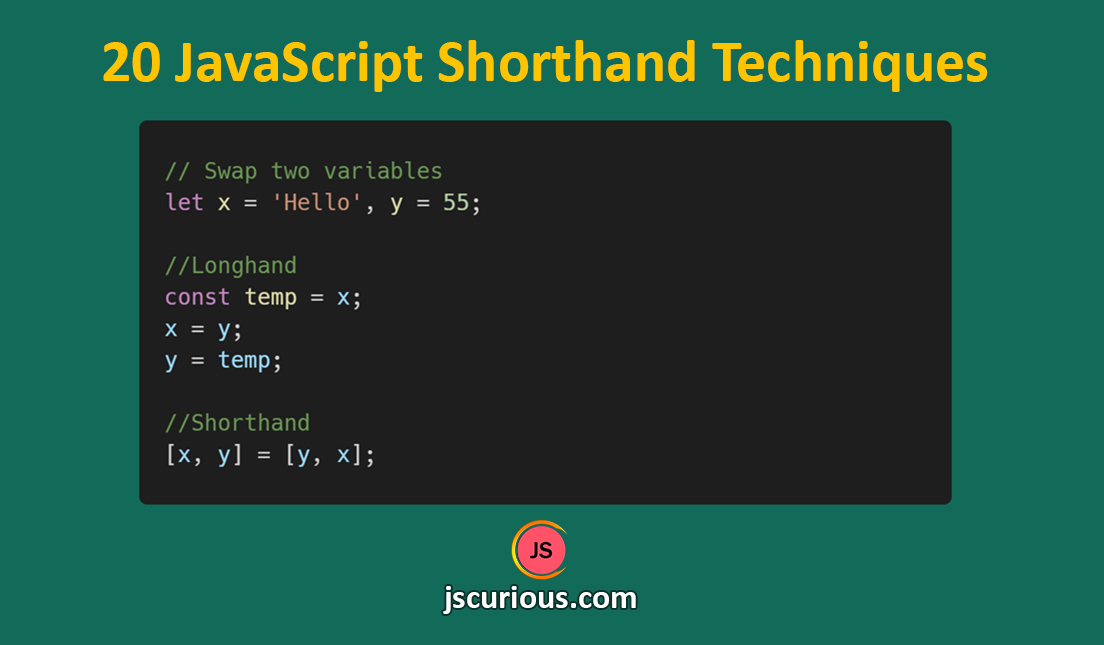

As a comparison, AS/JS/JScript are 3 different cars, but they all use the same engine… each of their exteriors is different though, and there have been several modifications done to each to make it unique. Languages such as ActionScript, JavaScript, JScript all use ECMAScript as its core. JavaScript is basically ECMAScript at its core but builds upon it. We recommend using eslint-plugin-react if you are using React.īy the same token, supporting ES6 syntax is not the same as supporting new ES6 globals (e.g., new types such as Set).JavaScript is most widely used now a days and most preferable language for development as front-end as well back-end(Nodejs),if we want to learn JavaScript we need to understand the basics of JavaScript and ECMAScript(ES), ECMAScript is an simple standard for JavaScript and adding new features to JavaScript,ĮCMAScript is a subset of JavaScript. React applies specific semantics to JSX syntax that ESLint doesn’t recognize.

Please note that supporting JSX syntax is not the same as supporting React. You can override that setting to enable support for other ECMAScript versions and JSX using parser options. By default, ESLint expects ECMAScript 5 syntax. Specifying Parser OptionsĮSLint allows you to specify the JavaScript language options you want to support. However, the use of these older values is deprecated. Similarly, the boolean value true and the string value "writeable" are equivalent to "writable". To specify environments with a comment inside of a JavaScript file, use the following format: /* eslint-env node, mocha */įor historical reasons, the boolean value false and the string value "readable" are equivalent to "readonly". These environments are not mutually exclusive, so you can define more than one at a time.Įnvironments can be specified inside of a file, in configuration files or using the -env command line flag.

serviceworker - Service Worker global variables.nashorn - Java 8 Nashorn global variables.applescript - AppleScript global variables.prototypejs - Prototype.js global variables.protractor - Protractor global variables.phantomjs - PhantomJS global variables.

#Javascript versions code
commonjs - CommonJS global variables and CommonJS scoping (use this for browser-only code that uses Browserify/WebPack).node - Node.js global variables and Node.js scoping.Specifying EnvironmentsĪn environment provides predefined global variables. You can also use plugins to extend ESLint to support your project’s language options. ESLint lets you configure language options specific to the JavaScript used in your project, like custom global variables. Each of these can have different supported syntax and global variables. The JavaScript ecosystem has a variety of runtimes, versions, extensions, and frameworks.


 0 kommentar(er)
0 kommentar(er)
